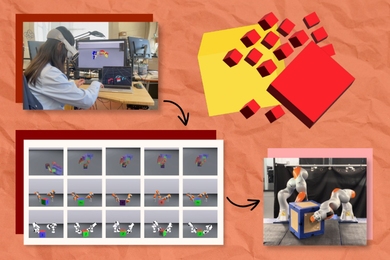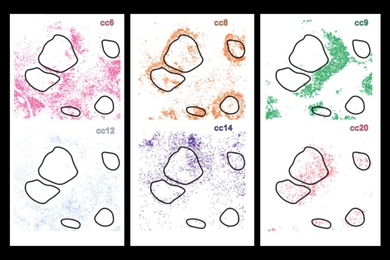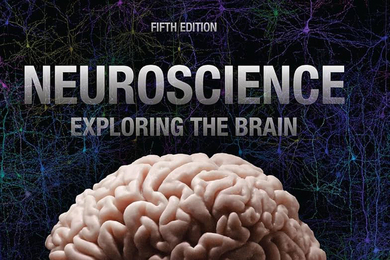The United States Supreme Court on Monday agreed to hear an appeal from Stanford University in a case involving an intellectual-property dispute that MIT has said could jeopardize the system in which technology is transferred from universities to private industry — a system that has been shown to produce extraordinary benefits to the nation and to the world.
Earlier this year, MIT filed a so-called amicus curiae brief in which it asked the nation’s top court to hear Stanford’s appeal and review the ruling of an appeals court. MIT asserted that the case, Stanford University v. Roche Molecular Systems, Inc., et al., threatens to undermine the Bayh-Dole Act, a federal law that has played a central role in America's system of innovation. Enacted in 1980 as an amendment to the Patent Act, Bayh-Dole expanded and accelerated the transformation of ideas in the lab into the products, jobs and revenues of commercial enterprise.
Under Bayh-Dole, universities are allowed to retain title to patents that result from innovations developed with federal funding. The schools may then license rights in the patents they own to private companies, who are better suited to develop the innovations into products and services for the public benefit.
The federal government and several other parties had also asked the Supreme Court to review the case.
MIT had filed amicus brief in case supporting Stanford University and university technology transfer generally.
Publication Date:

Caption:
The U.S. Supreme Court





